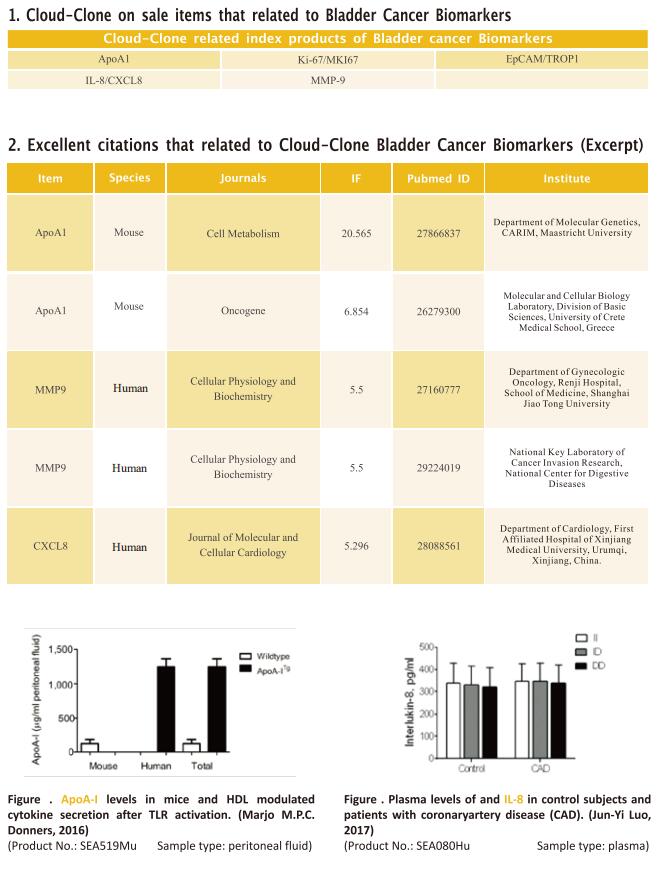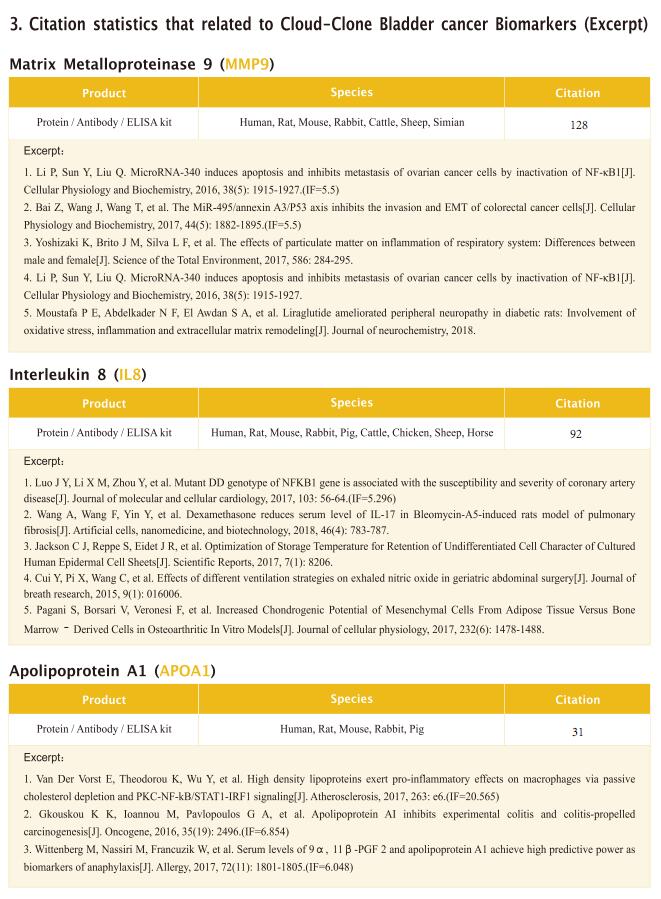Bacteria-inspired transformable nanoparticle targets and covers residual tumor against bladder cancer recurrence

In August 2022, Wanhai Xu, Department of Urology, the Fourth Hospital of Harbin Medical University, China, and his team published a paper titled “Bacteria-inspired transformable nanoparticle targets and covers residual tumor against bladder cancer recurrence” in Nano Today, which provided a promising intravesical treatment but also opportunities for clinical management on cancer recurrence.
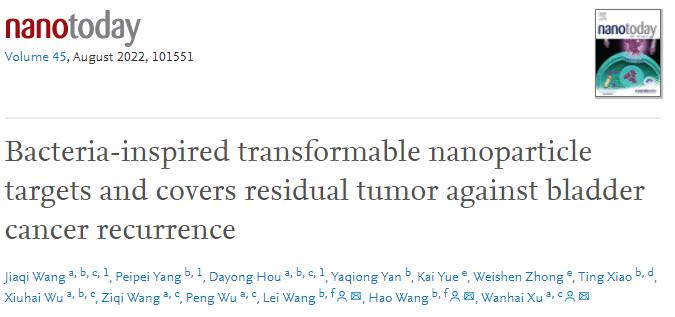
The kits [ELISA Kit for Fibronectin (FN), SEA037Hu] of Cloud-Clone brand was chosed in this article, we are so proud for supporting the reaserchers.


The regrowth of residual tumor left by incomplete surgery leads to bladder cancer recurrence. Postoperative intravesical instillation in clinic shows unsatisfactory recurrence inhibition owing to rapid drug emptying and non-specific distribution. Here, inspired by intrinsic bacterial adhesion towards exposed wounds through fibronectin binding peptide, we develop a bacteria-inspired peptide-based nanoparticle that targets exposed fibronectin on the surgical bed with residual tumor. Upon binding, the nanoparticle simultaneously transforms into fibrous coating as drug depots for long-term release of encapsulated doxorubicin. The transformable nanoparticle retains 8.5-fold higher doxorubicin concentration than free one in bladders of live mice 3 days post-instillation. Reasonably, this formulation obviously suppresses tumor regrowth in an incomplete tumor resection model. Compared to the clinical doxorubicin treatment, it reduces the recurrence rate from 71% to 29% in a murine orthotopic bladder cancer model. This bacteria-inspired biomaterial provides a promising intravesical treatment but also opportunities for clinical management on cancer recurrence.
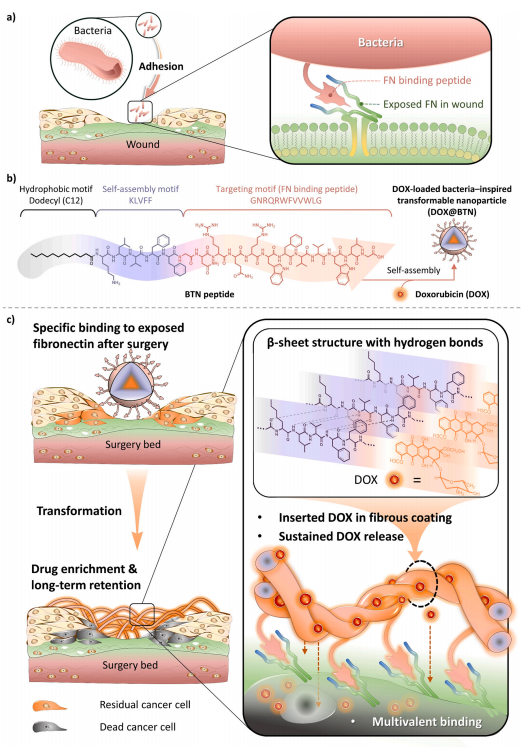
Fig.1 Molecular design and schematic illustration of the BTN working mechanism
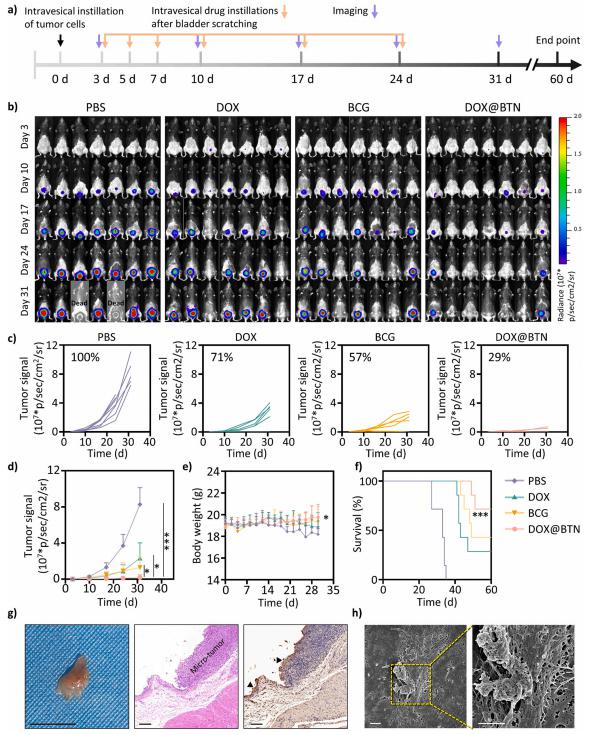
Fig.2 Inhibition of orthotopic bladder cancer recurrence by BTN
